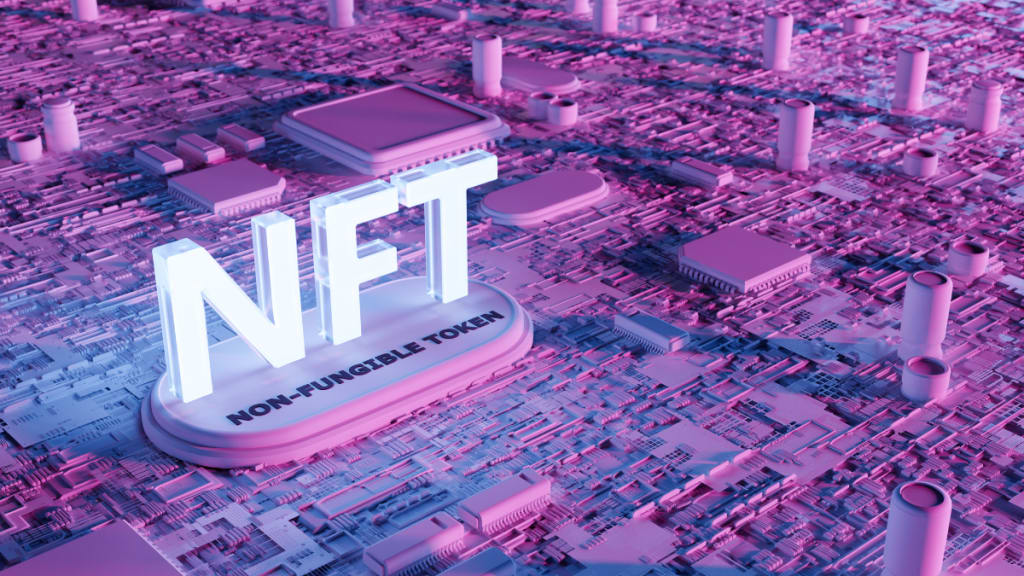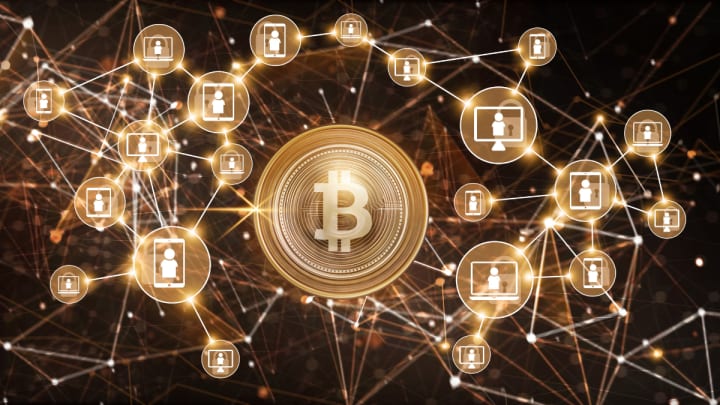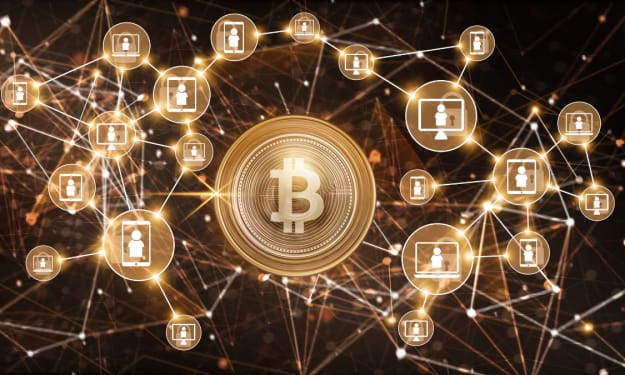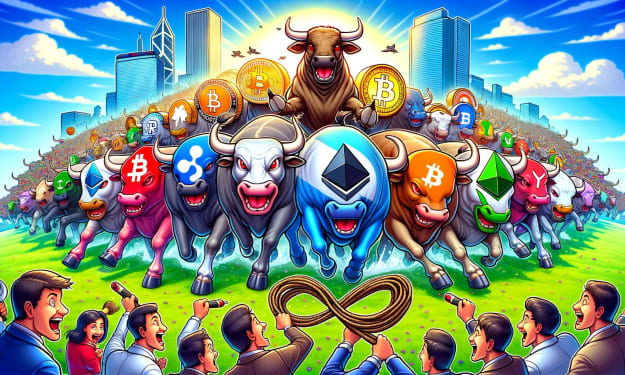Exploring the Synergy of NFT Marketplaces on the Bitcoin Blockchain
Nft marketplace on bitcoin

Introduction
Non-Fungible Tokens (NFTs) have taken the world by storm, transforming the way we perceive and trade digital assets. These unique tokens represent ownership of digital art, collectibles, virtual real estate, and much more. While Ethereum has traditionally been the dominant blockchain for NFTs, recent innovations have brought NFT marketplaces to the Bitcoin ecosystem. In this blog, we will delve into the exciting integration of NFT marketplaces with the Bitcoin blockchain and explore the myriad opportunities it presents for artists, collectors, and investors.
The Rise of NFTs and Bitcoin's Role
NFTs have gained significant traction in recent years, offering a new paradigm for digital ownership and provenance. These tokens are indivisible and unique, providing a secure and transparent method for representing digital assets on the blockchain. While Ethereum's smart contract capabilities have made it the go-to blockchain for NFTs, the Bitcoin blockchain has emerged as a powerful contender for hosting NFT marketplaces.
Bitcoin, the pioneering cryptocurrency, has traditionally been associated with its role as a decentralized digital currency. However, with the introduction of smart contract functionality on the Bitcoin blockchain, developers have seized the opportunity to build NFT marketplaces that harness the security and widespread adoption of Bitcoin.

Benefits of NFT Marketplaces on Bitcoin
Accessibility: Bitcoin's global recognition and extensive user base make it an attractive platform for NFT marketplaces. Artists and collectors who are already familiar with Bitcoin can seamlessly navigate these marketplaces without the need for additional cryptocurrency conversions, resulting in increased accessibility for a broader audience.
Security and Trust: Bitcoin's blockchain is renowned for its robust security features, making it an ideal platform for NFT transactions. By integrating NFT marketplaces with Bitcoin, users can leverage the network's immutability, transparency, and resistance to fraud, ensuring the authenticity and provenance of digital assets. The decentralized nature of the Bitcoin blockchain also fosters trust, allowing artists and collectors to engage in transactions without relying on intermediaries.
Scalability and Efficiency: Ethereum, the primary blockchain for NFTs, has faced scalability challenges, leading to high fees and slower transaction times during peak demand. Bitcoin's Layer 2 solutions, such as the Lightning Network, address these concerns, enabling faster and more cost-effective transactions. This scalability advantage ensures smoother and more efficient trading of NFTs on Bitcoin-based marketplaces.
Decentralization and Censorship Resistance: The decentralized nature of Bitcoin aligns with the core principles of NFTs, providing a censorship-resistant platform for artists and collectors. By utilizing the Bitcoin blockchain, NFT marketplaces empower creators to maintain control over their digital assets without being subject to arbitrary restrictions or censorship. This decentralized framework enhances the freedom and creative expression within the NFT ecosystem.
Prominent NFT Marketplaces on Bitcoin
Several NFT marketplaces have emerged within the Bitcoin ecosystem, offering unique features and experiences for users. Let's explore a few notable examples:
Rarible: Rarible is a decentralized NFT marketplace that initially launched on Ethereum but has expanded to the Bitcoin network. It allows artists to mint and sell their NFTs while benefiting from the security and scalability of the Bitcoin blockchain. Rarible's integration with Bitcoin enables artists to tap into a larger pool of potential buyers and collectors.
MintGox: MintGox is a gaming-focused NFT marketplace on Bitcoin that combines the excitement of competitive gaming with NFT trading. It enables players to earn, trade, and showcase NFTs associated with their favorite blockchain games. MintGox's integration with Bitcoin creates a unique ecosystem where gaming enthusiasts can engage with both NFTs and Bitcoin in a seamless manner.
Sovryn: Sovryn is a decentralized finance (DeFi) platform built on the Bitcoin blockchain that integrates NFT trading capabilities. It offers a comprehensive ecosystem for NFT enthusiasts, enabling seamless liquidity provision, borrowing, and trading within a decentralized framework. Sovryn's integration with Bitcoin enhances the interoperability between NFTs and other decentralized financial instruments, opening up new avenues for value creation.
Conclusion
The integration of NFT marketplaces with the Bitcoin blockchain marks a significant milestone in the evolution of digital art and collectibles. By leveraging the security, scalability, and widespread adoption of Bitcoin, NFT marketplaces on the Bitcoin network provide an accessible, secure, and decentralized platform for artists, collectors, and investors. As the NFT landscape continues to evolve, we can expect to see even more innovative use cases and exciting opportunities emerging within the intersection of NFTs and Bitcoin. The synergy between these two technologies paves the way for a vibrant and transformative future in the digital asset space.






Comments
There are no comments for this story
Be the first to respond and start the conversation.